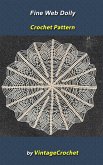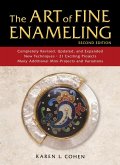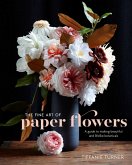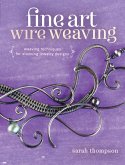In "Fine Books," Alfred W. Pollard offers a compelling exploration of the world of rare manuscripts, valuable prints, and collectible volumes. Written in an engaging and accessible style, Pollard deftly interweaves rich narratives with meticulous detail, illuminating the evolution of bibliophilia from its historical origins to its modern manifestations. The book's literary context reflects an era where the appreciation for physical texts battled the rise of digital media, making it a significant commentary on the shifting values surrounding literature and the preservation of cultural heritage. Alfred W. Pollard was a prominent bibliophile and book historian whose keen interest in the material aspects of literature influenced this seminal work. His extensive experience with rare books and his interactions with collectors and librarians provided him with a unique perspective that enriches the text. Pollard's scholarly background, along with his passion for print culture, propels readers into a deeper understanding of the socio-historical significance of books. "Fine Books" is a must-read for bibliophiles, historians, and anyone fascinated by the art and craft of bookmaking. Pollard's insightful reflections and thorough research invite readers to appreciate not just the content, but the physicality and artistry of books that have shaped human knowledge.
Dieser Download kann aus rechtlichen Gründen nur mit Rechnungsadresse in A, B, BG, CY, CZ, D, DK, EW, FIN, F, GR, H, IRL, I, LT, L, LR, M, NL, PL, P, R, S, SLO, SK ausgeliefert werden.









